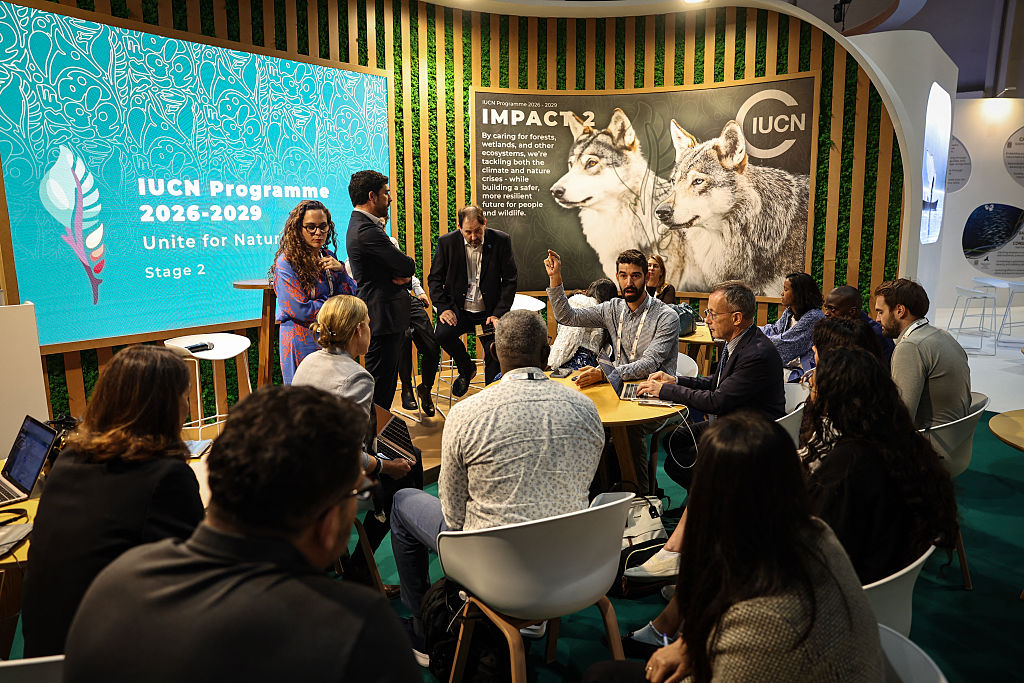Key insights
-
1
Ethical Concerns Raised
Critics highlight the need for ethical safeguards in genetic engineering.
-
2
Indigenous Rights Emphasized
Indigenous groups demand consultation and consent before genetic interventions.
-
3
Biodiversity Loss Addressed
Supporters claim the decision aids in tackling biodiversity challenges.
Takeaways
The IUCN's decision to support genetic engineering in conservation efforts has sparked a significant debate about ethics, Indigenous rights, and the potential risks to ecosystems, highlighting the need for careful consideration and robust regulations.

